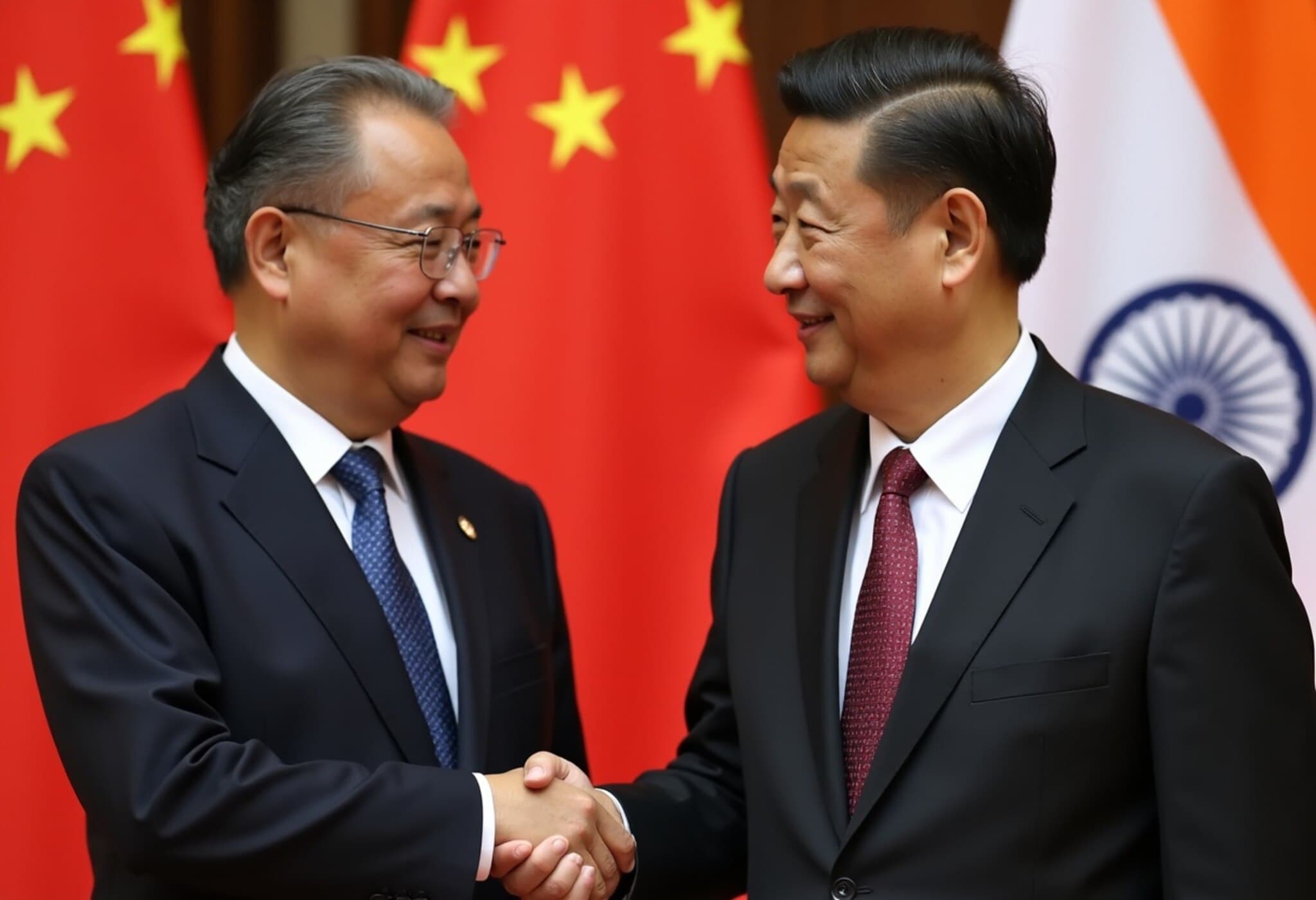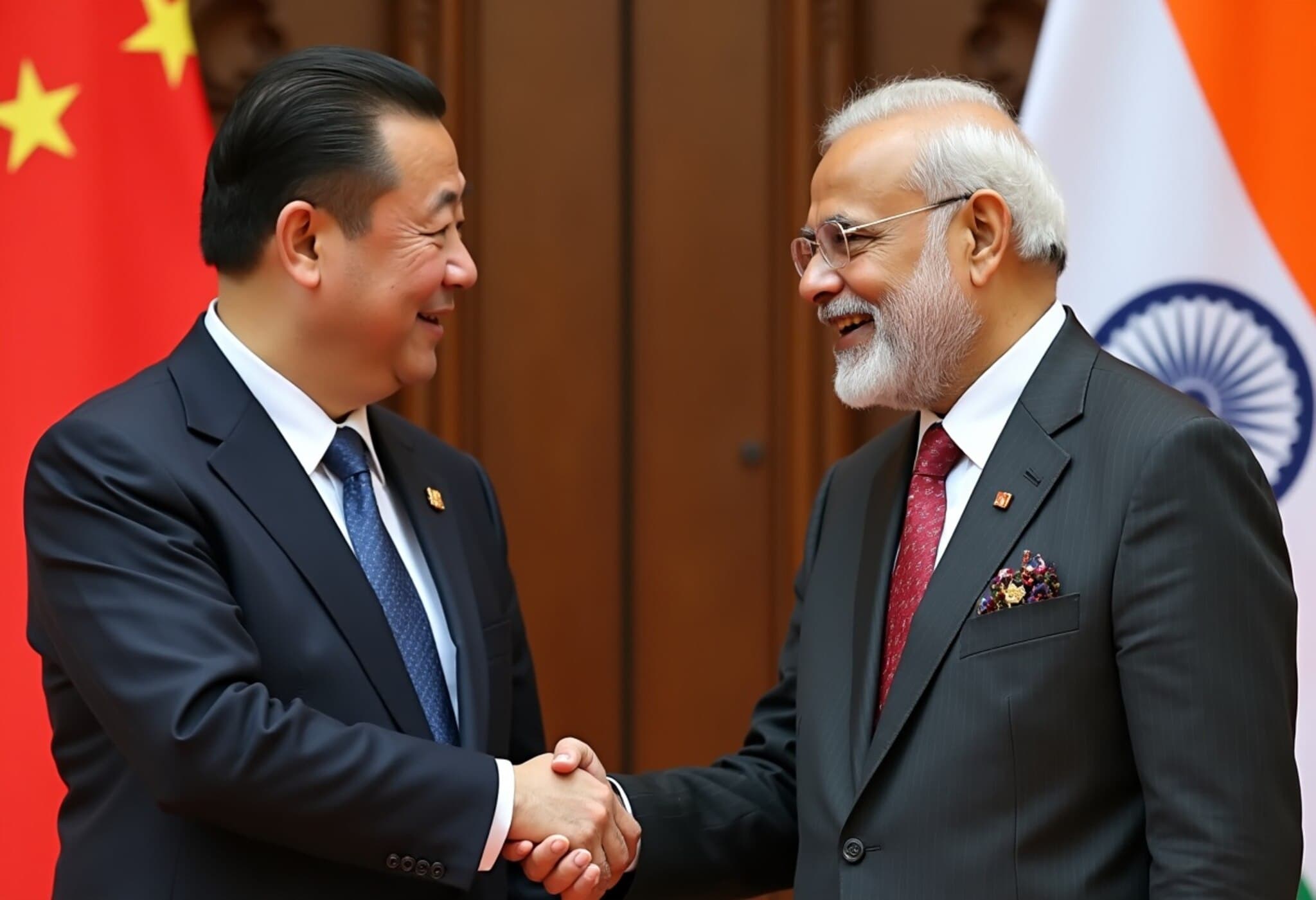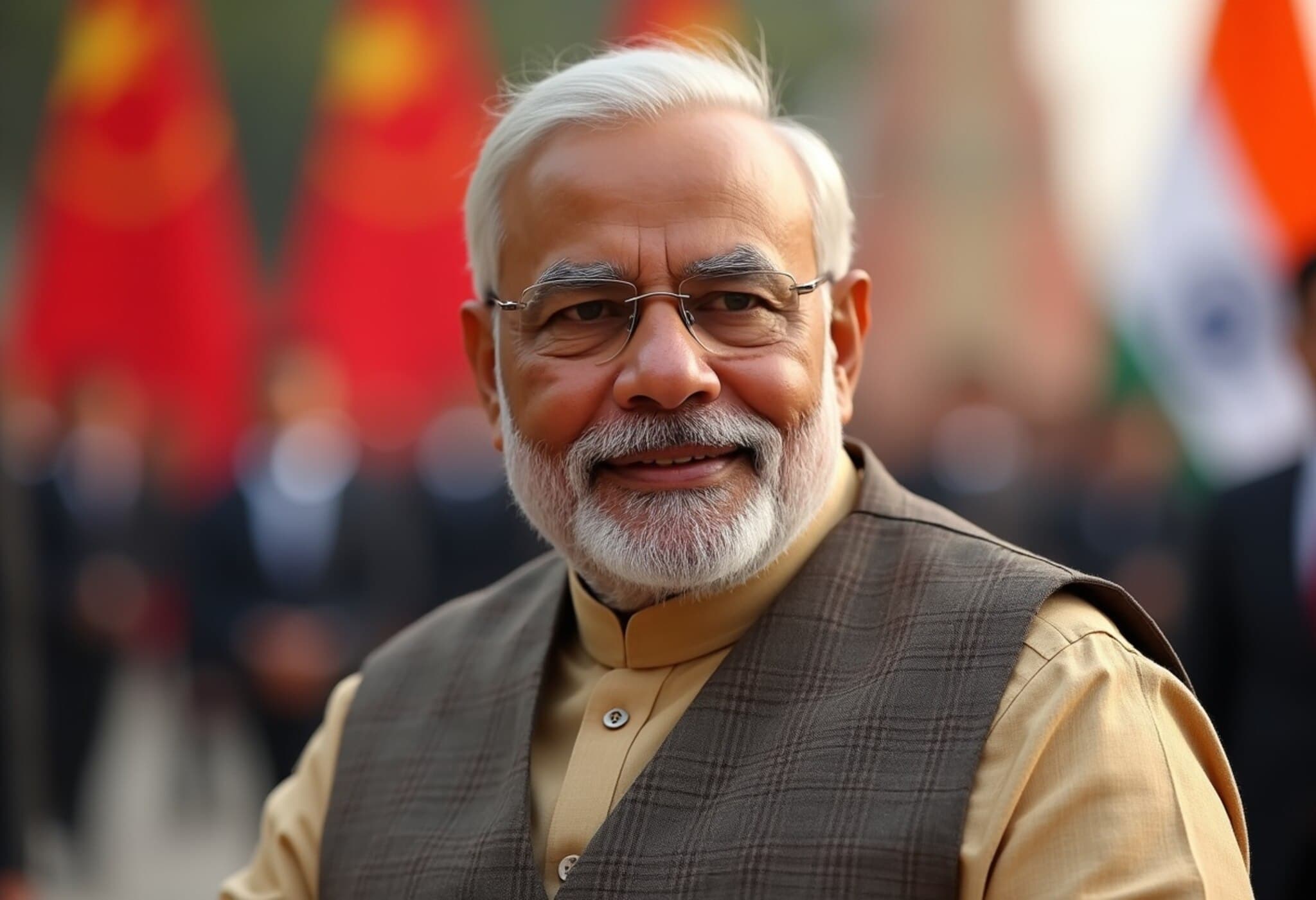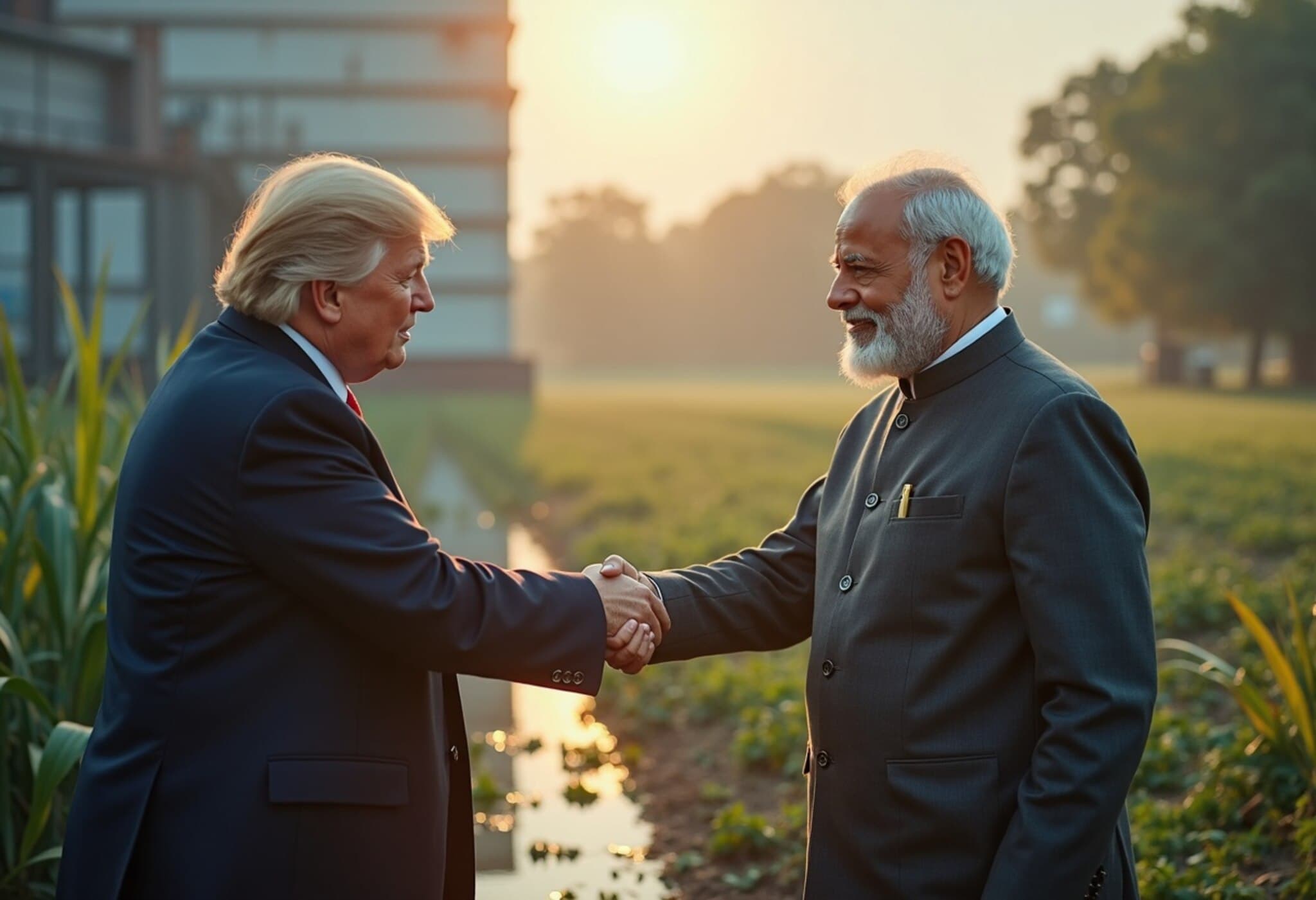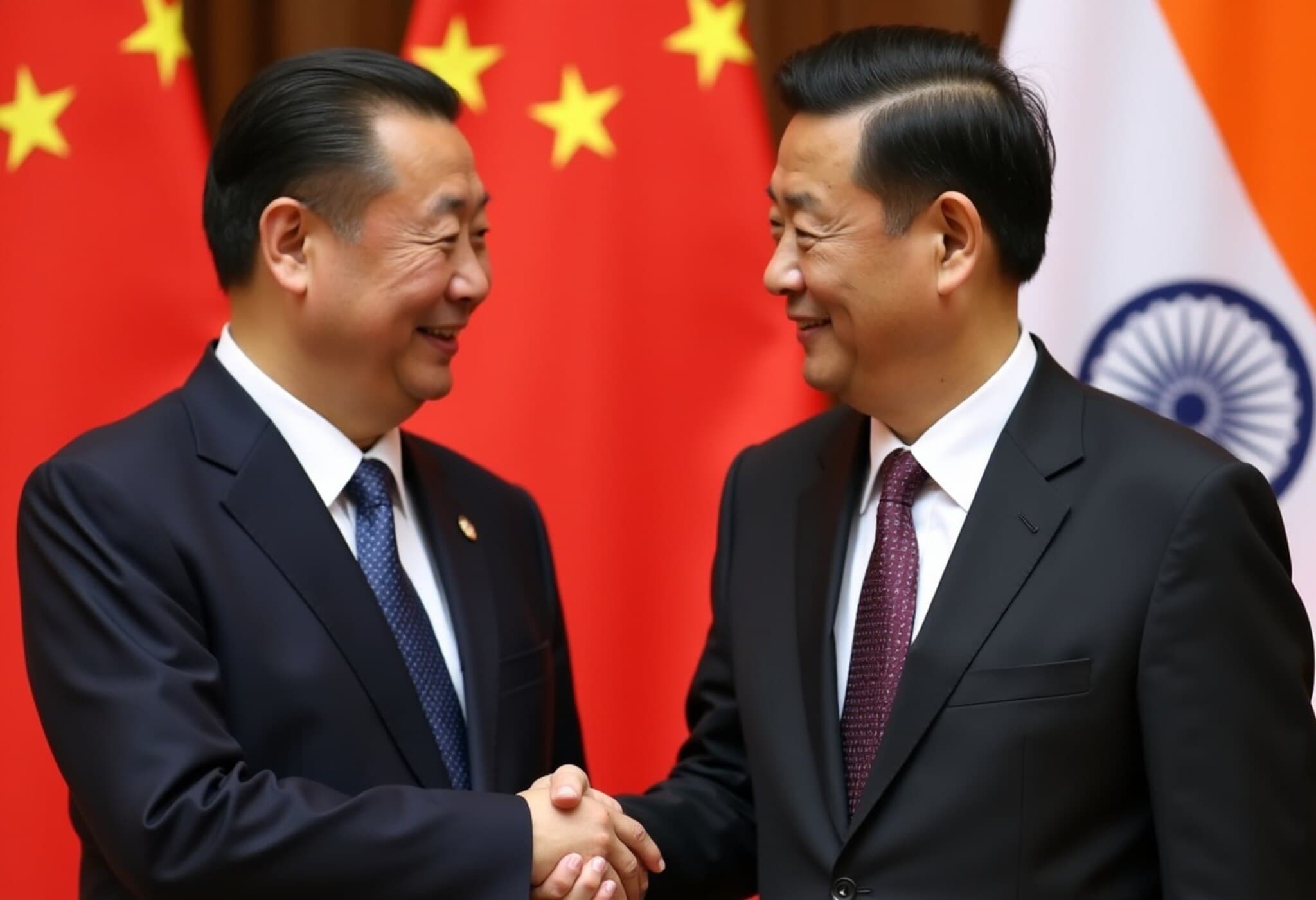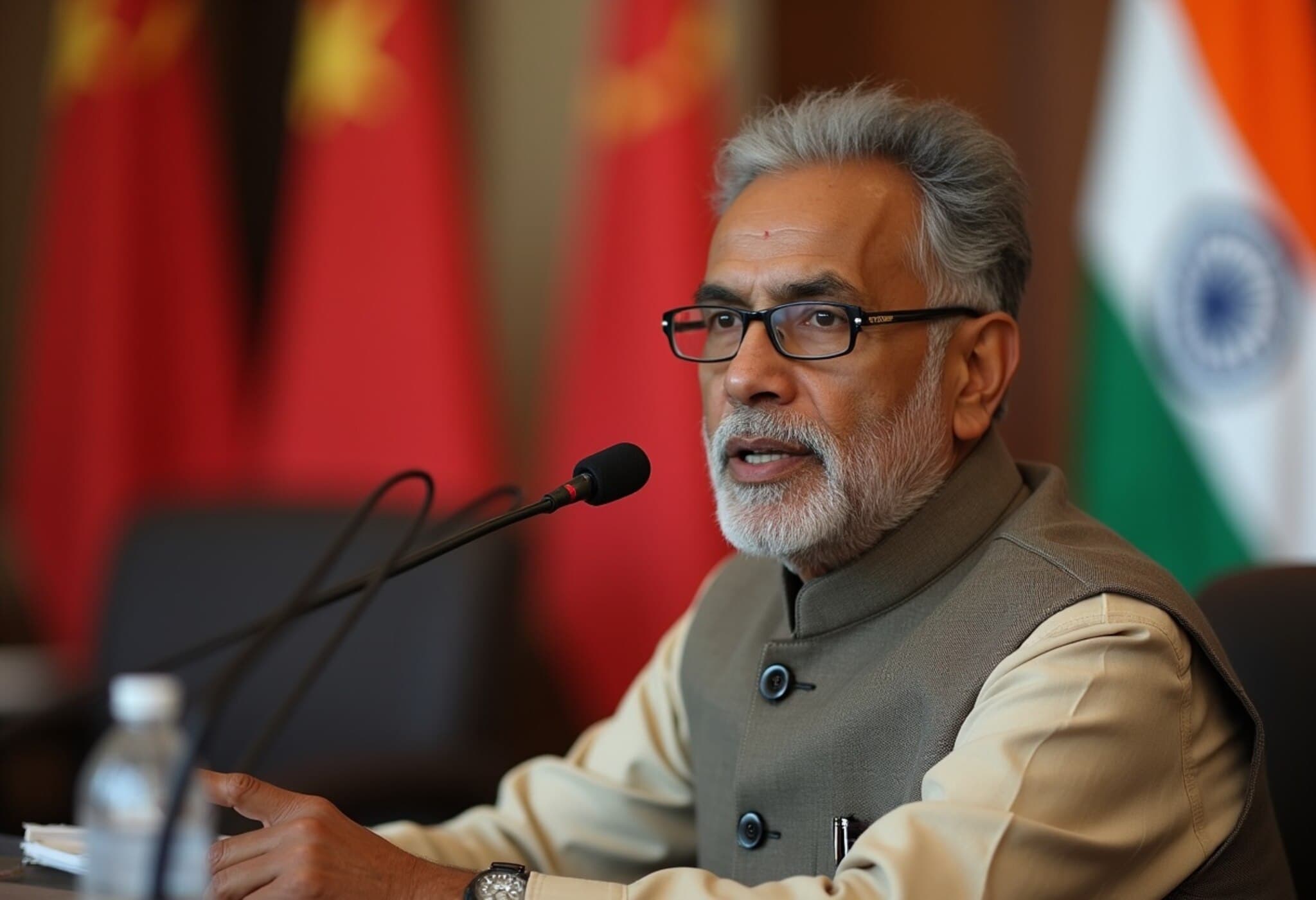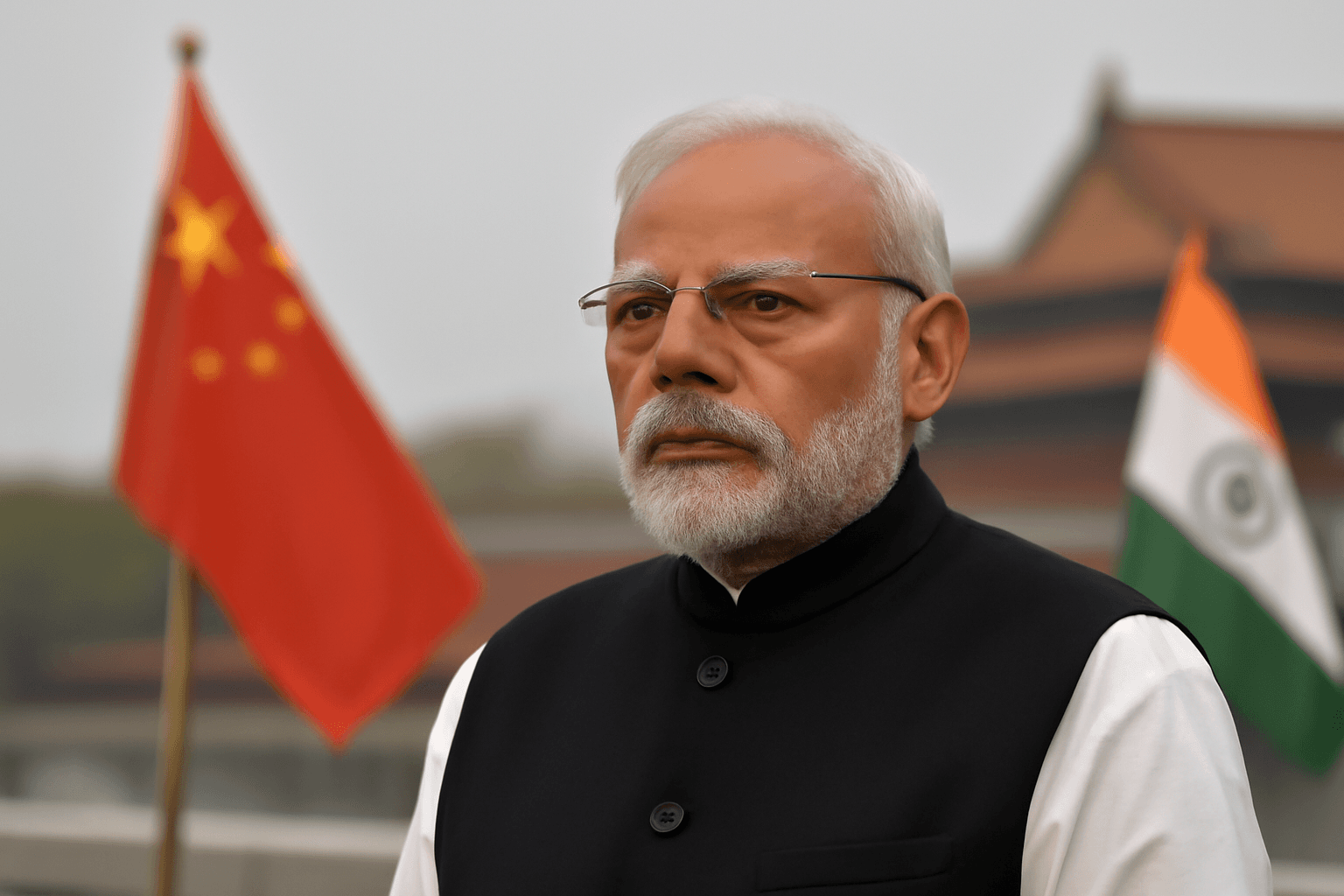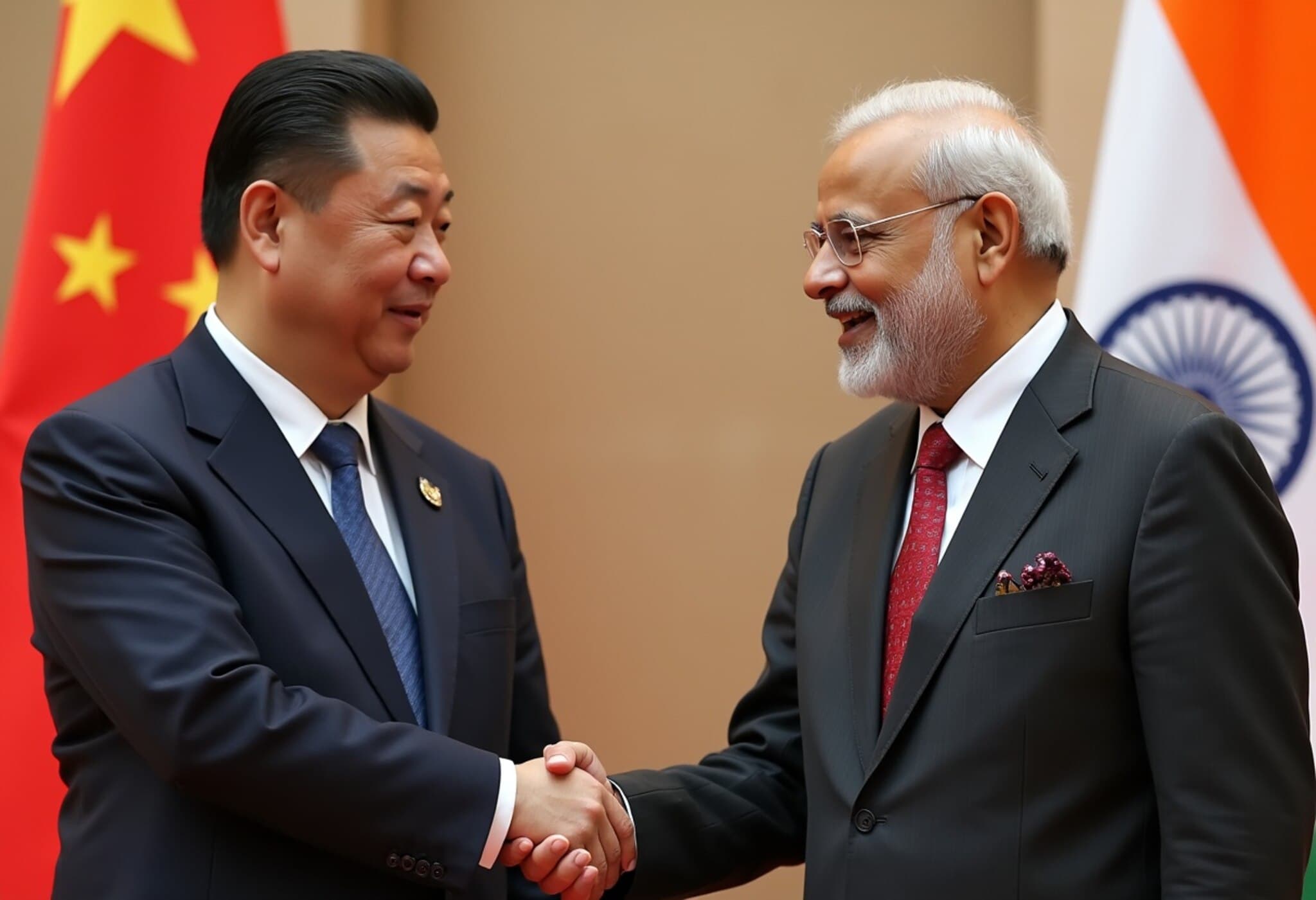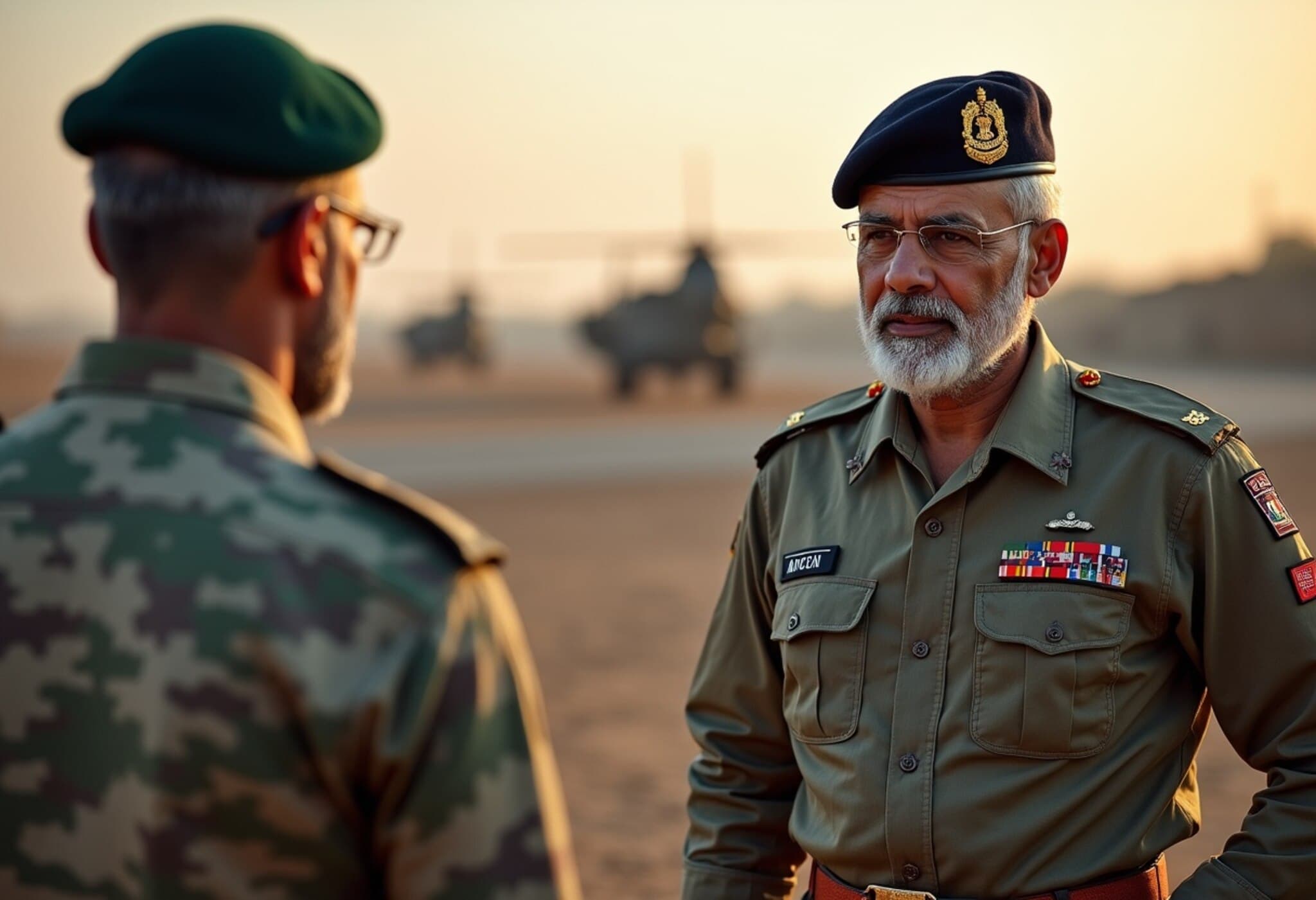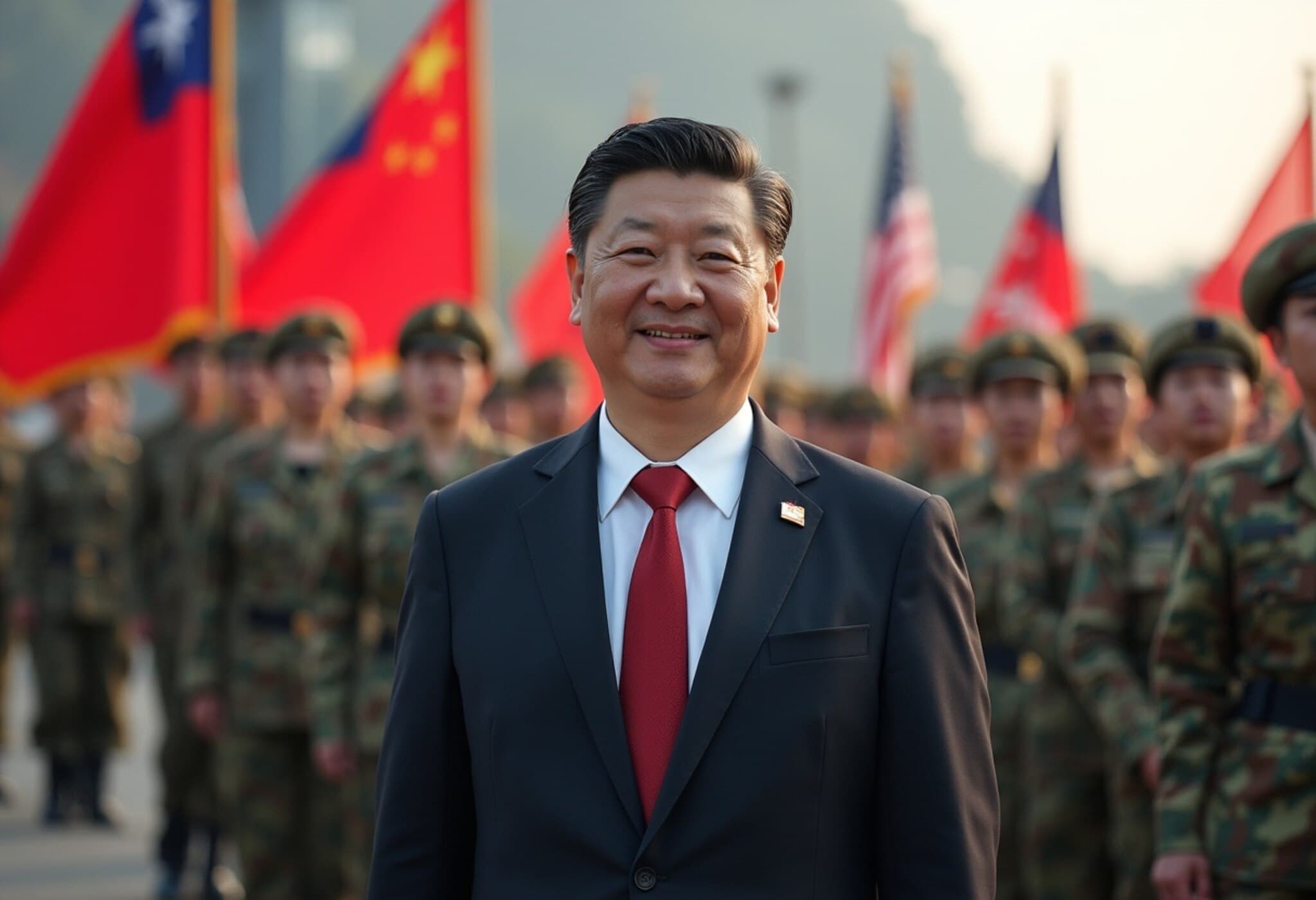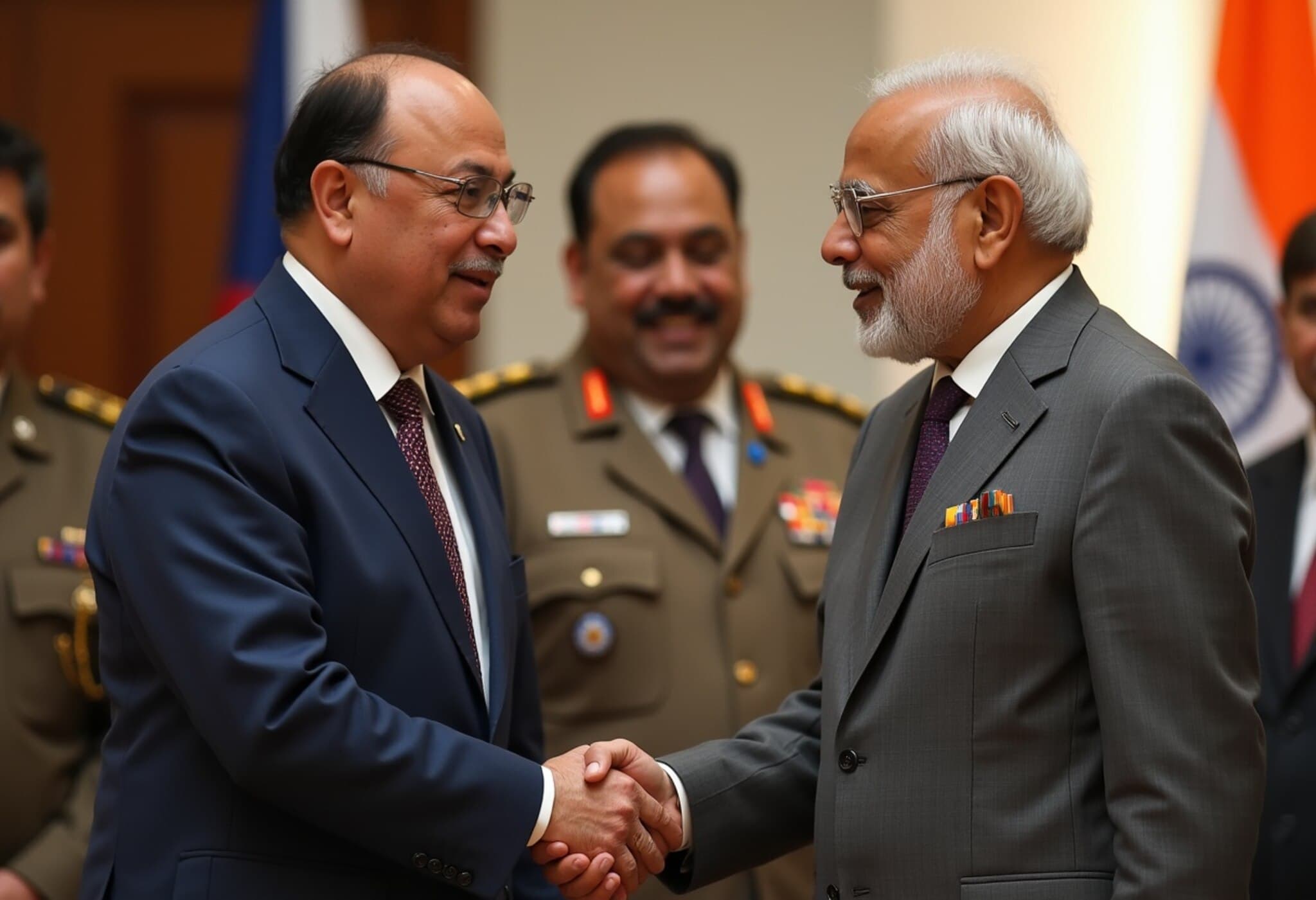Chinese FM Wang Yi Highlights Kazan Summit's Impact on India-China Relations
Chinese Foreign Minister Wang Yi emphasized the positive role of the meeting between Prime Minister Narendra Modi and President Xi Jinping held last year in Kazan, Russia, during his talks with National Security Advisor Ajit Doval in New Delhi on August 19, 2025. Wang referred to the summit as a significant turning point providing renewed impetus for resolving long-standing border disputes between the two Asian neighbors.
Recognizing Past Challenges, Focusing on Future Cooperation
"The setbacks we experienced over the past few years were not in the interest of our peoples," Wang told Doval, underscoring a shared desire to move beyond conflict. He described the Modi-Xi meeting in October 2024 as a milestone that "pointed the direction for the development of our bilateral relations and provided impetus for the proper settlement of the boundary question." This acknowledgment comes amid a delicate thaw in relations after years of tension along the Himalayan frontier.
Substantive Engagements Signal Progress
In addition to his meeting with NSA Doval, Wang Yi also held talks with External Affairs Minister S. Jaishankar. China’s top diplomat is on a three-day visit to India, aiming to foster closer dialogue following a landmark agreement last October that improved border patrol protocols and eased a five-year military standoff.
During the discussions, Wang stressed his willingness to collaborate closely with India to set clear goals for the next round of boundary consultations. "I am ready to work with you to build more consensus, identify the direction and specific goals going forward, and create conditions for further growth in our bilateral relations," he said.
India’s NSA Doval Welcomes New Energy in Bilateral Ties
NSA Doval echoed Wang's optimism. Highlighting the “new energy and momentum” in both border peace and broader India-China relations, Doval noted that bilateral engagements have become “more substantial.” He reiterated the importance of maintaining tranquility along the border, which analysts consider critical for safeguarding regional stability and economic cooperation.
Modi’s Upcoming China Visit Underlines Summit's Strategic Importance
Significantly, Doval confirmed that Prime Minister Narendra Modi will participate in the forthcoming Shanghai Cooperation Organisation (SCO) summit in Tianjin, China, scheduled for August 31 to September 1, 2025. This will be Modi’s first confirmed visit to China since tensions escalated, signaling a diplomatic reset.
"Given our Prime Minister’s upcoming visit, today’s talks assume very special importance," Doval said, reflecting hopes that economic, security, and diplomatic ties will benefit from enhanced dialogue during and after the summit.
Expert Analysis: Bridging Decades of Distrust
For years, India and China’s relationship has been marred by border clashes, distrust, and stalled negotiations. Scholars point to the Kazan summit and subsequent diplomatic efforts as vital in dismantling entrenched barriers. While significant obstacles remain—ranging from infrastructure development in contested areas to influence over neighboring countries—the current approach emphasizes patient, multifaceted engagement rather than confrontation.
Moreover, the border de-escalation has a tangible economic impact, encouraging trade flows, tourism, and investment, which suffered due to past standstills. By framing diplomacy as mutually advantageous, both nations aim to bolster regional stability in a rapidly evolving geopolitical landscape dominated by uncertainties such as US-China tensions and shifting alliances.
Unanswered Questions
- How will progress on the boundary talks influence broader strategic competition in the Indo-Pacific?
- Can distrust on both sides be sufficiently mitigated to allow lasting peace?
- What role will economic interdependence play in preventing future flare-ups?
Editor’s Note
The Modi-Xi Kazan summit has seeded cautious optimism for resolving one of Asia’s most intractable border conflicts. As Foreign Minister Wang Yi’s visit and Modi’s upcoming China trip demonstrate renewed dialogue, the spotlight is on translating diplomatic goodwill into concrete outcomes.
For readers, understanding these developments is crucial not only for their immediate geopolitical ramifications but also for appreciating how diplomacy, after years of setbacks, can pave the way for lasting peace and prosperity. The broader narrative challenges us to watch closely if India and China can truly transform competition into cooperation in the years ahead.

